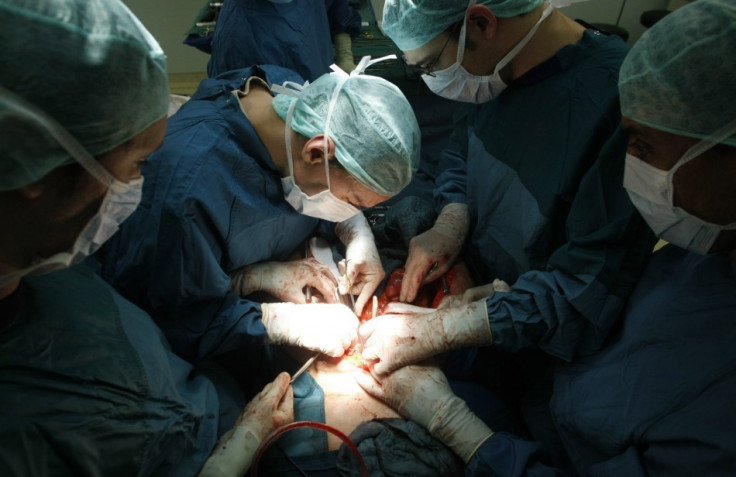All Dutch adults to automatically become organ donors under new law
KEY POINTS
- The opt out system is similar to donor rules already in place in Belgium, France and Spain.
- Legislation described as a "breakthrough" for patients waiting for new organs.
All Dutch adults will automatically become organ donors under a new law approved by senators on Tuesday (13 February).
Every person in the Netherlands over the age of 18 will be registered as an organ donor unless they choose to opt out of the system, the new law states.
The decree which takes effect from 2020, was narrowly passed by a two-vote majority in the Dutch senate. The legislation passed in the House of Representatives with a one-vote majority last year.
The opt out system is similar to donation rules already in place in Belgium, Spain and France.
Under the law, all Dutch adults will receive a letter asking whether they want to donate their organs after dying.
"They will be able to reply: yes, no, my next-of-kin will decide or a specific person will decide," Pia Dijkstra, a politician for the centre-right party (D66) who drafted the law, explained in a statement. A second reminder letter will be sent six weeks after the first.
Those who do not respond to either of the letters will automatically be registered as donors. They can amend their donor status at any time, Dijkstra stressed.
The Dutch Kidney Foundation described the new law as "a real breakthrough for patients on waiting lists". The foundation said that in other countries with similar systems, there had been a significant increase in donor registrations.
Steven, a patient who is on the waiting list for a new kidney, said: "Due to this new law, I have a much greater chance of receiving a new kidney and getting my freedom back."






















